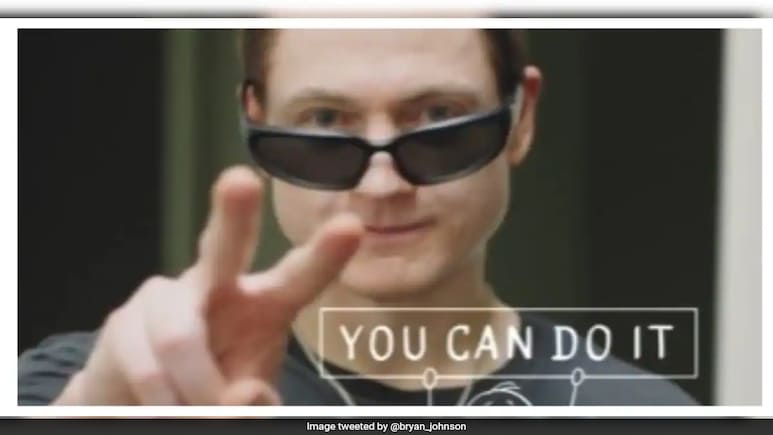
Bryan Johnson, the US biotech entrepreneur looking to defy death, has become a global icon in the longevity movement. At 47, Johnson claims to have reversed his biological age by several years through rigorous routines, including blood tests, calorie-restricted diets, and even experimental therapies. He recently shared five straightforward, everyday habits that anyone can adopt to stay younger and healthier. As Mr Johnson puts it in the video, building a life around these principles can simplify health and amplify vitality.
First and foremost, Mr Johnson hailed sleep as "the world's best longevity drug." He urged prioritising it above all else, structuring daily routines to ensure quality rest. Nutrition comes next. Mr Johnson warned against binge eating and processed snacks, advocating for nutrient-dense options like fruits, vegetables, nuts, and legumes.
Social connection is equally vital, as Mr Johnson noted, "We are social beings, hence socialising is a must." He also urged people to exercise and "move your body daily." Whether it's a brisk walk, yoga, or gym session, consistency keeps the body agile and the brain sharp.
Finally, he advised everyone to quit the "bad stuff--smoking, excessive drinking, and mindless scrolling. These vices, according to him, accelerate ageing.
Watch the video here:
master these five habits pic.twitter.com/4zaRQ9Q95H
— Bryan Johnson (@bryan_johnson) September 16, 2025
Notably, Mr Johnson has gained attention for his lavish spending on experimental "de-ageing" treatments, aiming to reverse his biological clock. The 47-year-old has garnered attention for his radical experiments, including receiving blood transfusions from his teenage son. He spends $2 million a year on medical diagnostics and treatments combined with a meticulously crafted regimen of eating, sleeping, and exercising to see if he can slow, and perhaps even reverse, the ageing process.
However, in July, he revealed that he was planning to sell his anti-ageing startup, Blueprint. Mr Johnson, responsible for the 'Don't Die' ideology, called his wellness company a "pain-in-the-a**", adding that juggling business ventures and philosophical pursuits had become too difficult.
"I've been talking to people about this. I don't need the money, and it's a pain-in-the-ass company. The problem is that now people see the business and give me less credibility on the philosophy side. I will not make that trade-off. It is not worth it to me. So yeah, I don't want it," he told Wired.
Track Latest News Live on NDTV.com and get news updates from India and around the world

